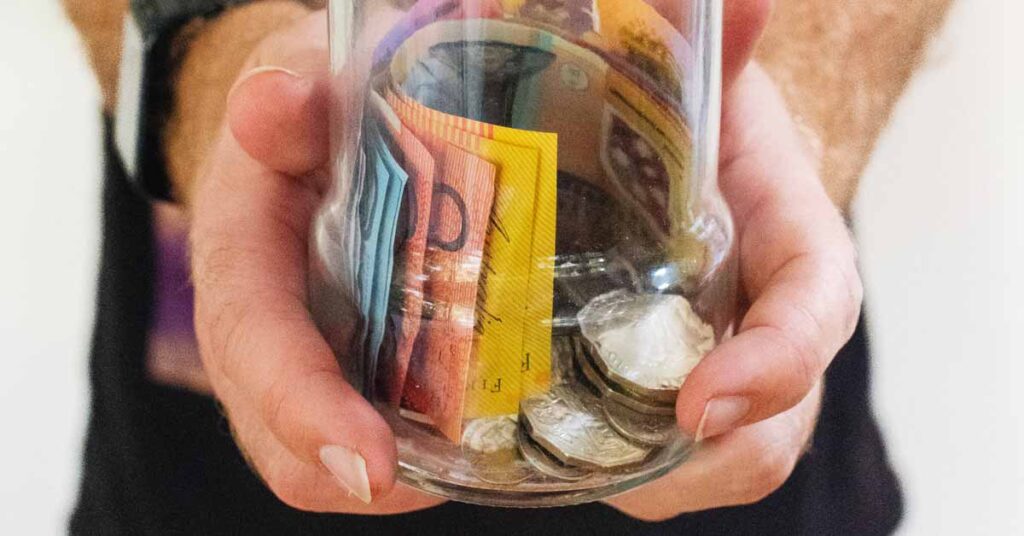When you need a home loan, you turn to a bank or a non-bank lender. But that then begs the question: where do they get the money to fund your loan?
According to the RBA, Australian home loan lenders get their funding from the following sources:
- Domestic deposits (available only to ADIs): 56%
- Short-term debt: 22%
- Long-term debt: 12%
- Equity markets: 9%
- Securitisation: 1%
The banking sector can be confusing, so let’s break those sources down one by one.
Domestic deposits
The main difference between banks and non-bank lenders in Australia is that banks are classified as authorised deposit-taking institutions (ADIs). This means they can offer deposit products such as savings accounts and term deposits.
Banks use these deposits to fund loans for other borrowers. As non-bank lenders aren’t ADIs, they can’t use customer deposits to fund their loans. So non-banks generally get most if not all of their funds from the wholesale money market.
The wholesale money market
The wholesale money market is where financial institutions lend and borrow large sums of money to each other. Banks also use the wholesale money market too, as deposits only form a proportion of their funding.
Short-term debt
Lenders have their own short-term financial obligations such as bills that need to be paid. But there’s not enough liquid cash in Australia for every lender to have access to the cash they need at the same time. So lenders borrow funds from each other overnight to cover gaps in their funding, with the lending institution making money on the funds they provide.
This inter-bank borrowing is facilitated by the RBA. The rate banks charge each other to borrow funds is called the Bank Bill Swap Rate (BBSW) and is closely tied to the official cash rate target set by the RBA. However, as the BBSW is determined by market forces, it can fluctuate above the official cash rate.
Long-term debt
Another way lenders raise money is by issuing bonds in the international money markets. Bonds are a form of long-term debt, in which a global investor agrees to give the lender a certain amount of money over a certain period of time. The lender, in turn, pays them regular interest payments. When the bond matures, the lender pays back the investor the original sum of money.
Equity markets
The equity market is also known as the stock market. Lenders can raise funds by issuing shares in their company, with the investors having a stake in their future profits.
Securitisation
The final piece of the funding puzzle is securitisation. Securitisation is when lenders bundle together a group of their home loans. This parcel of mortgages is then sold on to investors, who are then paid interest until the mortgages are paid off.
Strict rules
Australia has a very competitive mortgage lending sector, with more than 100 banks and non-bank lenders competing for your business. But no matter how they source their funding, Australia’s mortgage lenders are required to follow strict rules around capitalisation and responsible lending. Capitalisation rules protect you as a deposit holder, while responsible lending legislation protects you as a borrower.







